New initiatives in Beijing aim to foster innovation in primary, middle schools
Beijing has introduced 20 new measures to enhance science education in primary and secondary schools, addressing current challenges and fostering innovative talent through collaboration with universities, enterprises and social resources.
The Beijing Municipal Education Commission, in partnership with other government departments, announced the measures on Friday, emphasizing the integration of in-class and after-school activities to improve the quality of science education.
"We are deepening curriculum reforms to spark students' interest in science through play and creativity while enhancing the overall quality of education," said Wang Pan, deputy director and spokesperson of the commission, during an interview with State broadcaster CCTV.
The initiative prioritizes implementing national science curricula, developing STEM model courses and dedicating at least 10 percent of class time to compulsory interdisciplinary learning. High schools are encouraged to adopt interdisciplinary science courses, and practical exams in middle school physics, chemistry and biology will become mandatory.
Wang noted that the measures aim to "provide a fertile ground for students to explore science, enabling early identification and cultivation of top innovative talents".
Universities and research institutes are also encouraged to host open days, offering science courses tailored to younger students and inviting them to explore laboratories and interact with scientists.
Efforts to improve teaching include requiring primary schools to have at least one science teacher with a master's degree and implementing comprehensive training programs. Inter-regional research alliances will offer professional support to educators.
Universities will further contribute by organizing math and science festivals, thematic camps and joint research projects in fields such as artificial intelligence, astronomy, energy and biotechnology. High school students will be encouraged to participate in university-led academic activities to expand their research horizons.
The BDA School of the High School Affiliated with the Renmin University of China has developed an integrated science curriculum spanning grades one to 12. The program incorporates science education into all subjects, providing students with opportunities to participate in global robotics competitions and learn in high-tech enterprises.
"Science education is a common thread across all disciplines in our school, fostering a broad scientific perspective," said principal Wang Jiaokai.
Enterprises are also being called on to support the initiative by contributing social classroom resources and partnering with schools. Nearly 200 of Beijing's 753 social classroom resource units are technology-focused, providing over 1,000 activity courses each semester.
Artificial intelligence will play a role in modernizing science education by offering diverse digital resources and tools for schools.
For parents like Li Chunlian, whose second grader is passionate about science, these developments are a welcome change.
"It's great to see such attention on science education," she said. "My son loves visiting AI labs and using VR facilities through his school's science club. It's really sparked his interest in modern science."








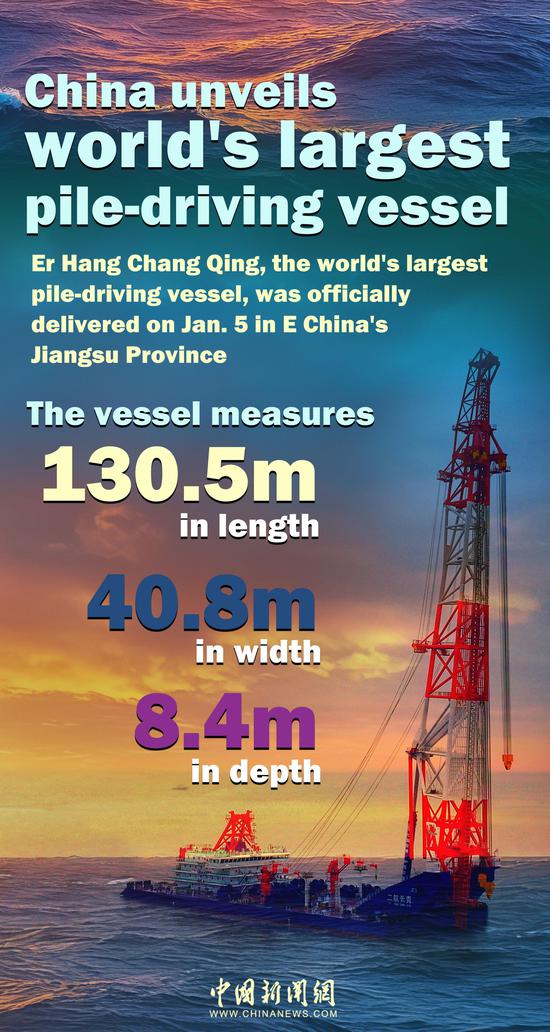
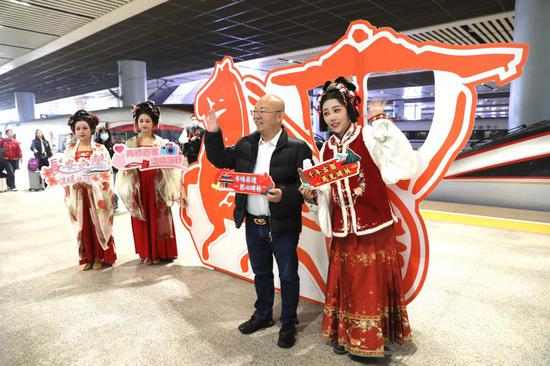
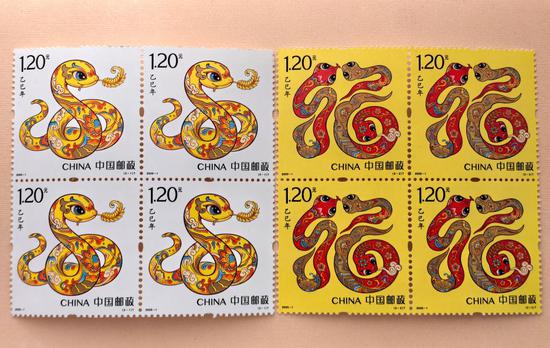


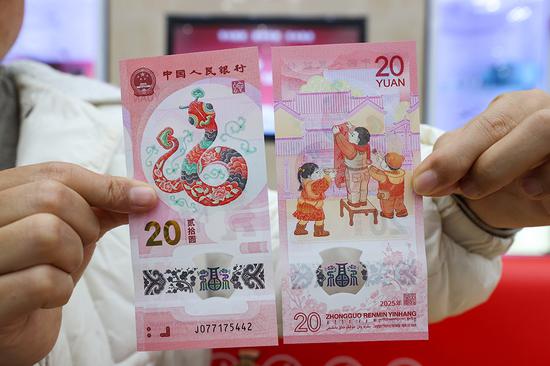

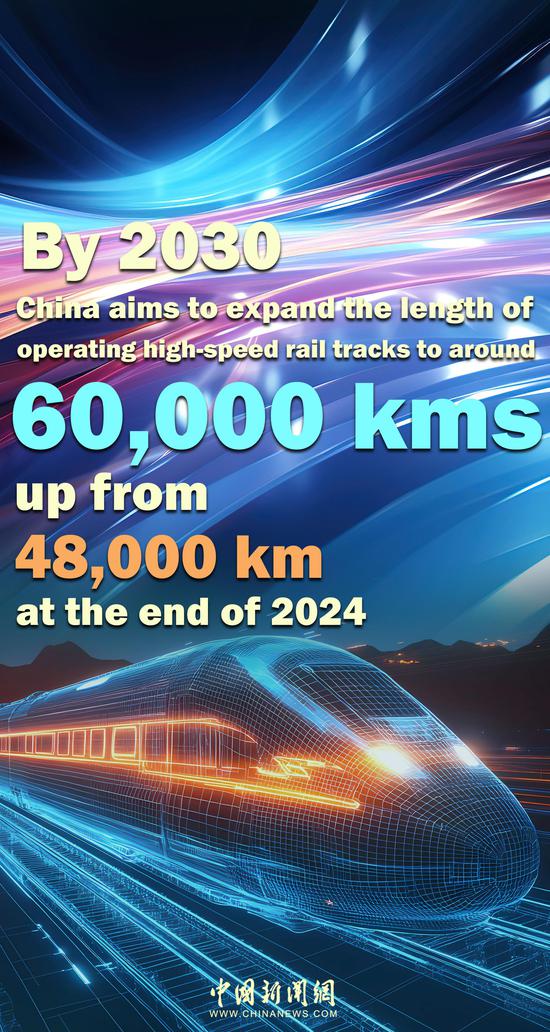
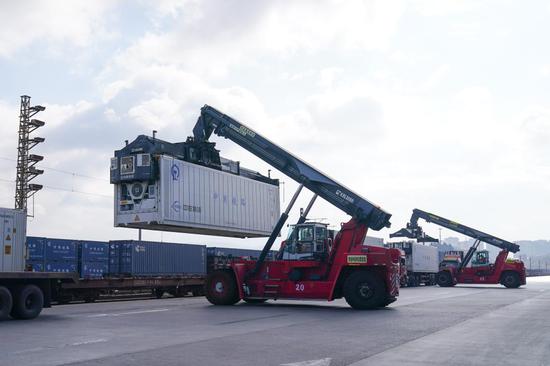
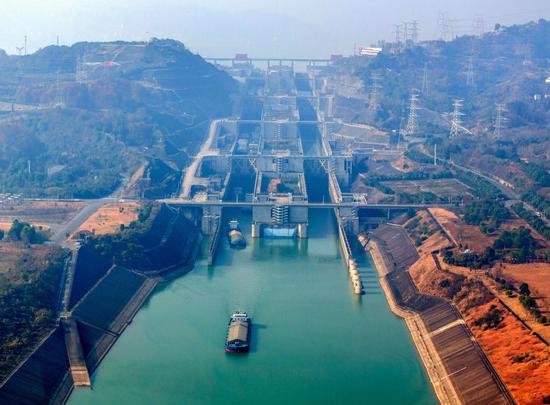



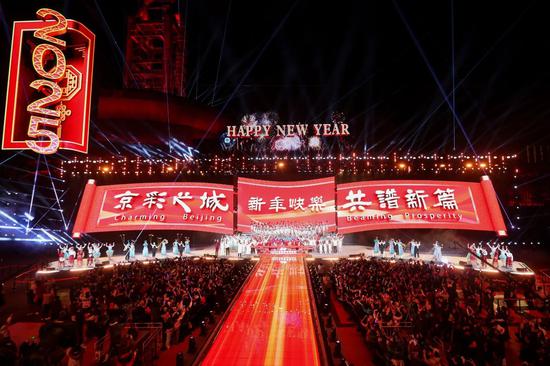

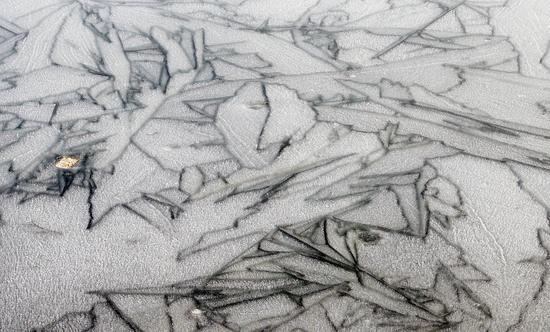

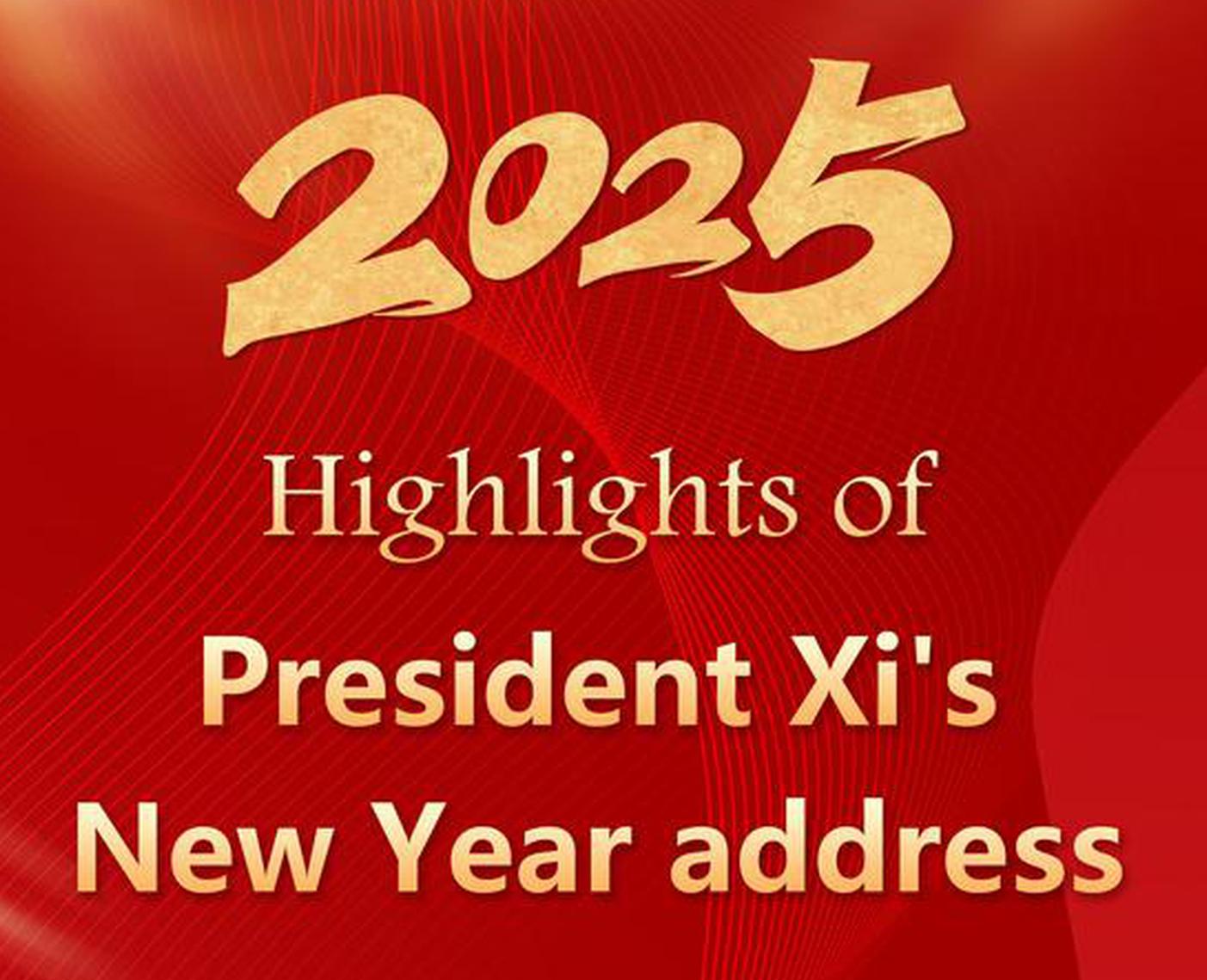

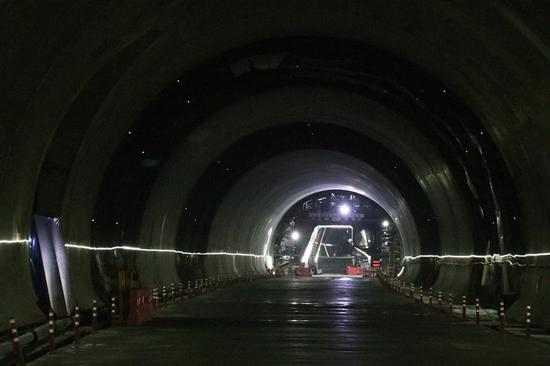
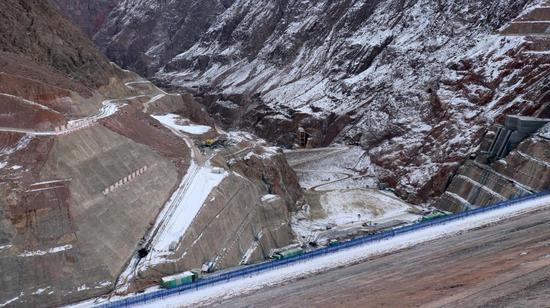
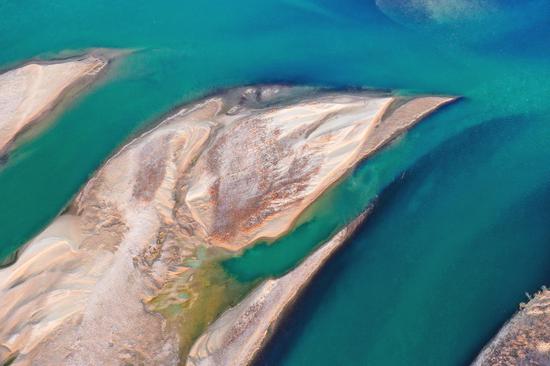
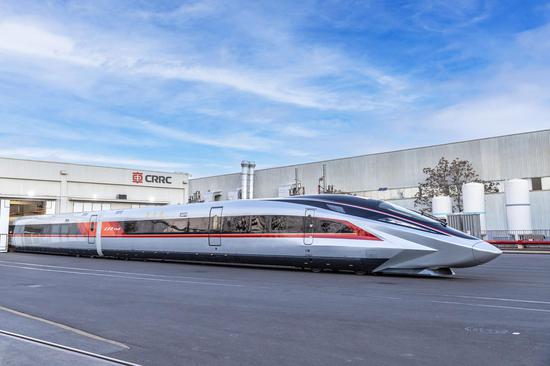

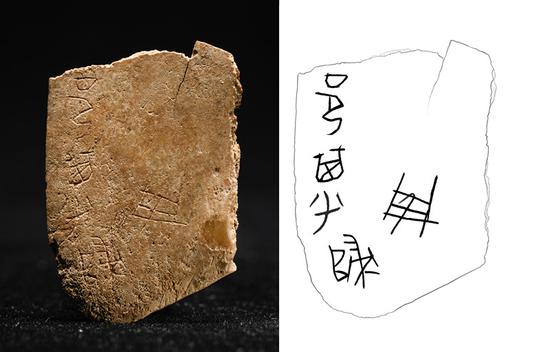
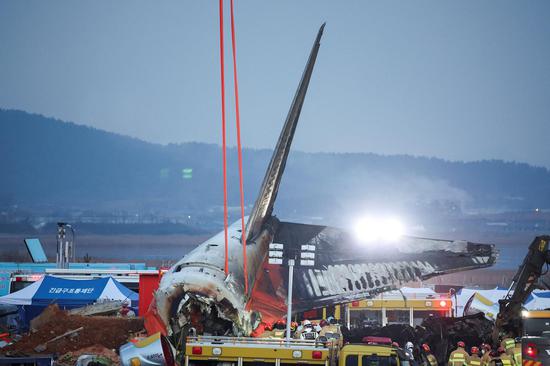
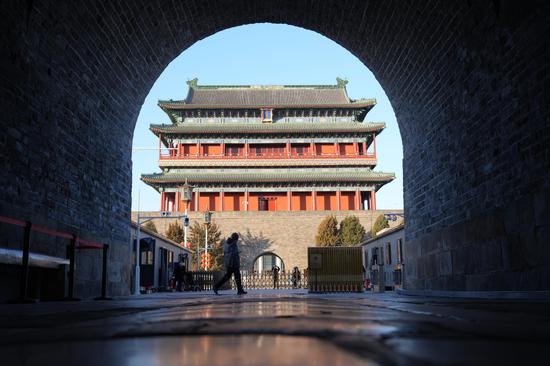

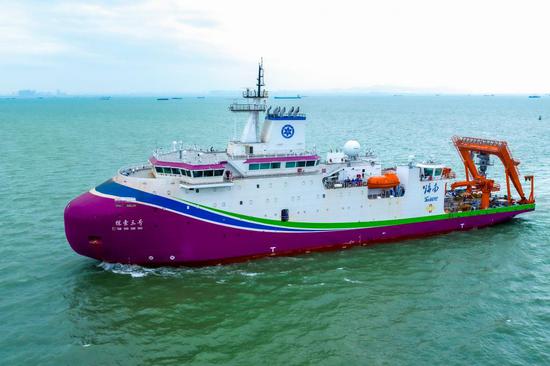
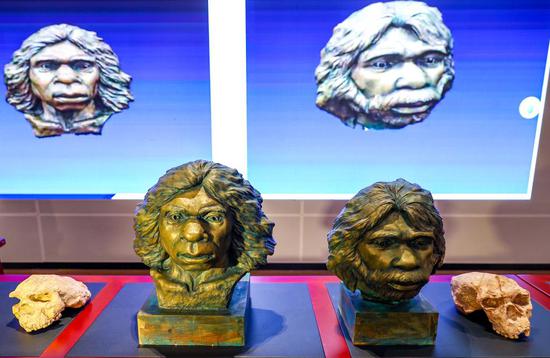
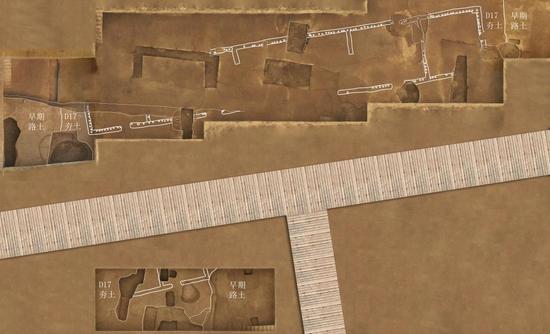
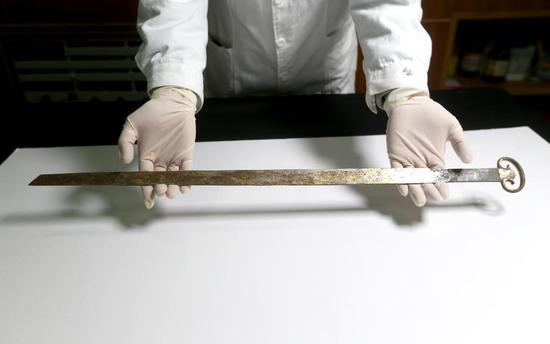
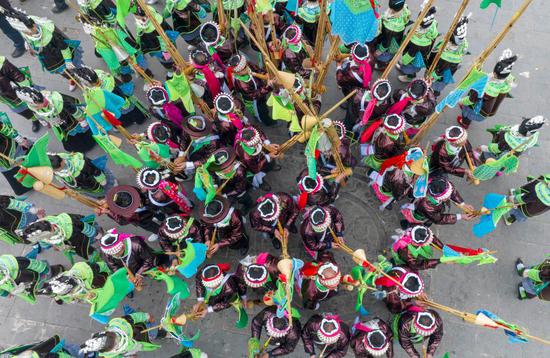

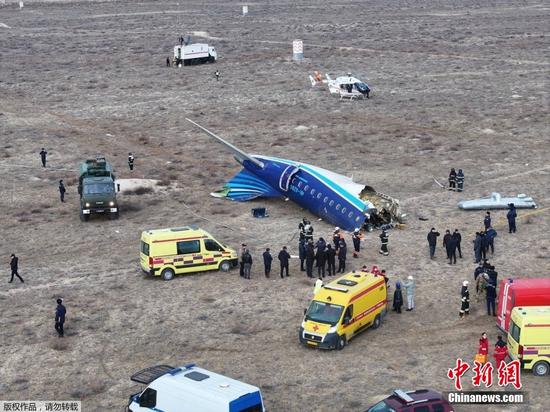
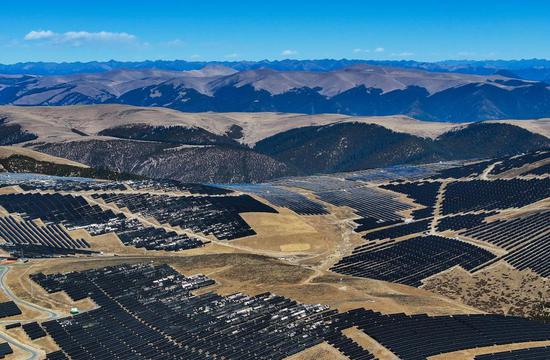
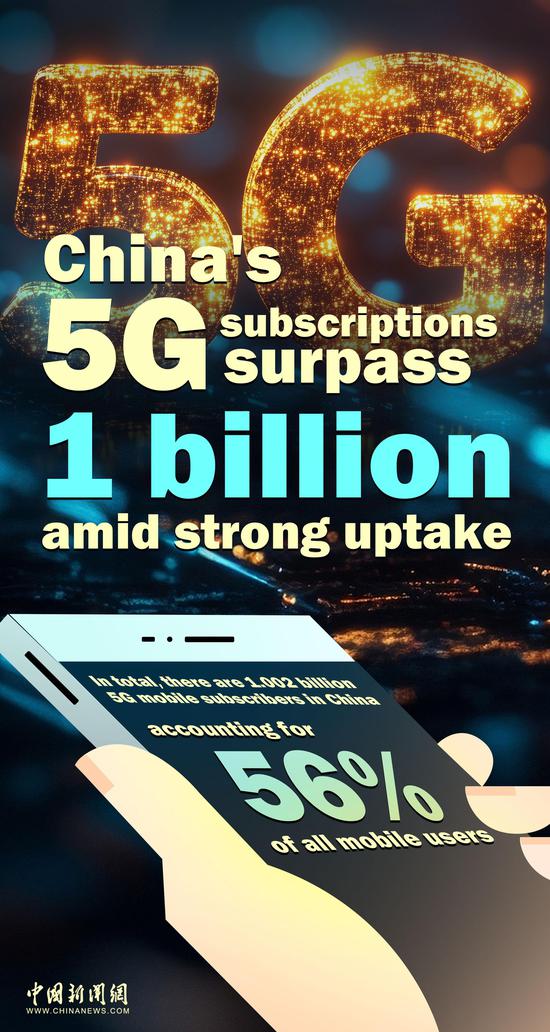

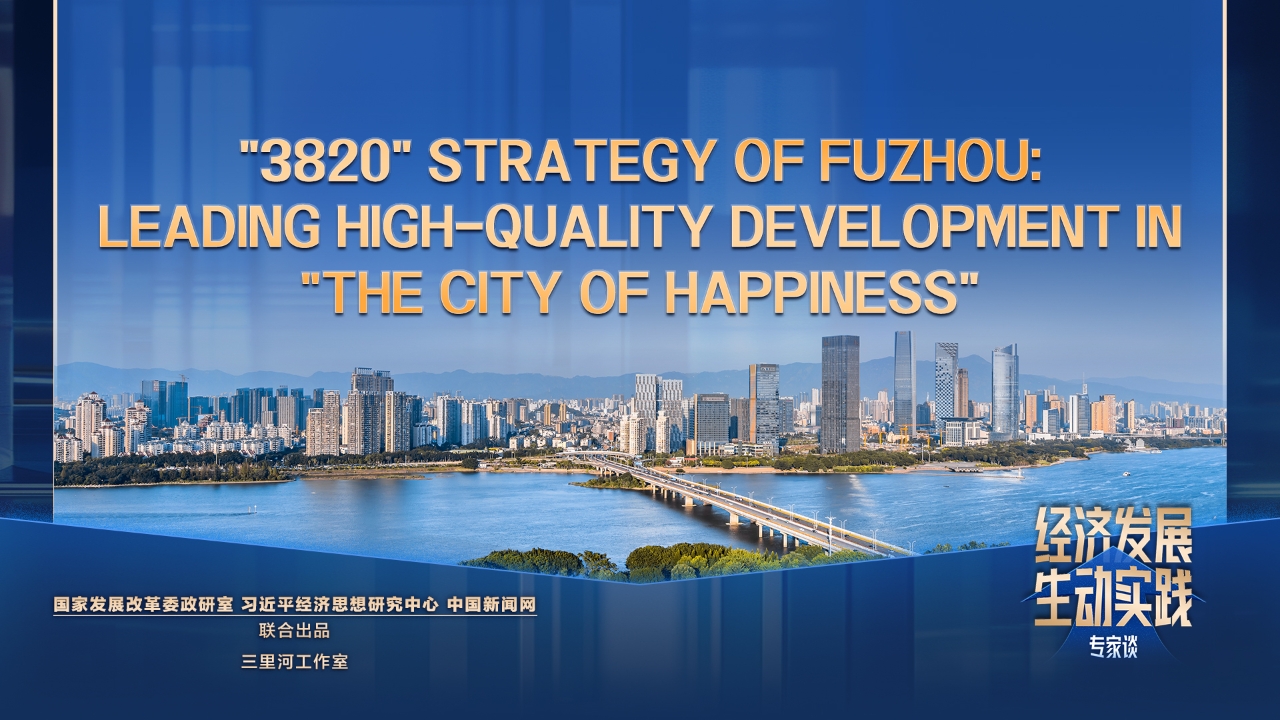

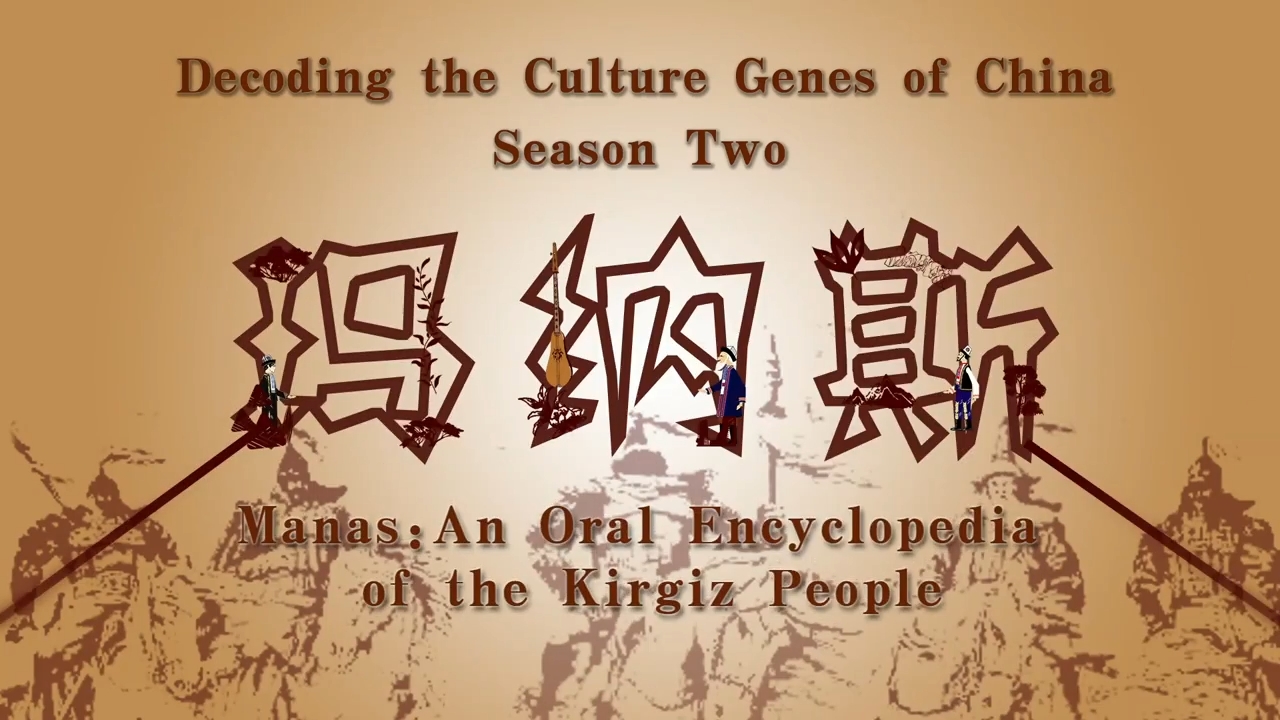

 京公网安备 11010202009201号
京公网安备 11010202009201号